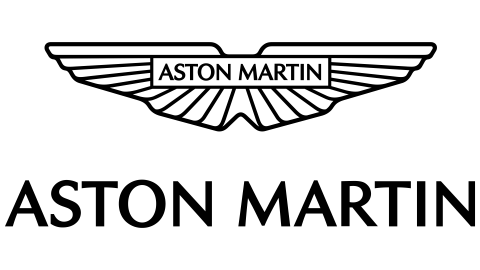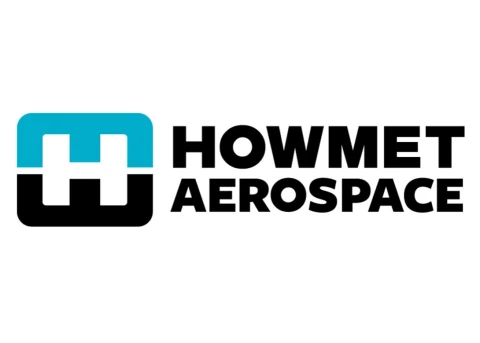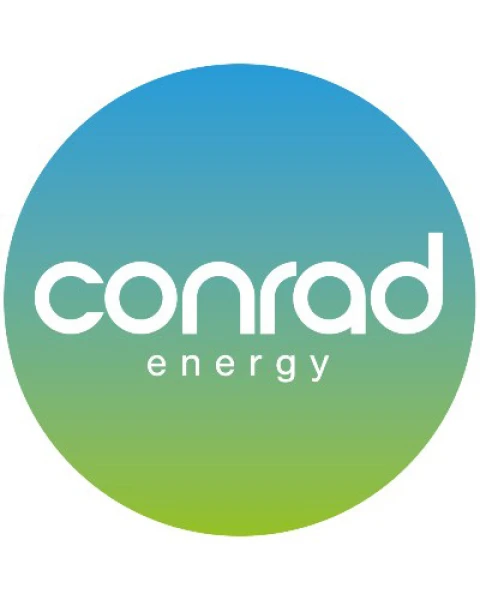

- Knowledge Base
- Blog
- Creating a safe system for working in confined spaces
Creating a safe system for working in confined spaces
The Management of Health and Safety at Work Regulations 1999 state that before work in confined spaces is carried out, a suitable and sufficient risk assessment should take place.
This risk assessment should include identifying all present hazards, assessing the risks, and determining what precautions to put in place.
The Confined Space Regulations 1997 apply if the completed risk assessment identifies risks of serious injury from work in confined spaces. This means that the following key duties apply:
Avoid entry to confined spaces, e.g. by doing the work from outside.
If entry to a confined space is unavoidable, follow a safe system of work.
Put in place adequate emergency arrangements before the work starts.
In this blog, we will look more closely at how to create a safe system of work if you can’t avoid entry to a confined space.
Safe System of Work
The risk assessment completed before carrying out work in the confined space will have identified the precautions required to reduce the risk of injury. These precautions will vary depending on the nature of the confined space, the associated risk, and the work involved. The following areas for consideration are not exhaustive but do include many of the elements required to create a safe system of work.
Appointing a supervisor – Supervisors will oversee work in confined spaces and ensure the required precautions are taken as well as checking the safety of the work at each relevant stage.
Worker suitability – This involves ensuring personnel are suitable for the confined space work by checking they have sufficient experience and confined space rescue training. You should also consider the constraints of the space such as physical layout and the build of the individual.
Isolation – Checks should be put in place to ensure that all isolation of mechanical and electrical equipment is effective. This also includes pipework where gas, fumes or vapours could enter the confined space.
Cleaning – Confined spaces may require cleaning before entry to ensure fumes do not form from residues.
Size of the entrance – The size of the entrance to the confined space should be large enough for workers to enter and exit whilst wearing all necessary equipment.
Ventilation – Provision of additional ventilation may be required in certain scenarios. This could be achieved by increasing the number of openings to the confined space or by providing mechanical ventilation.
Air testing – Testing of the air inside the confined space should be carried out by a competent person to ensure there is no toxic or flammable vapours present. If air conditions may change throughout the duration of the work, continuous monitoring may be required.
Special tools and lighting – If flammable or explosive atmospheres are likely, non-sparking tools and protected lighting should be provided. Low-voltage equipment may also be required in certain situations.
Breathing apparatus – If the air inside a confined space is not fit to breathe then a breathing apparatus is essential.
Emergency arrangements - Emergency arrangements should be prepared and will need to cover the necessary equipment, confined space rescue training, and practice drills.
Confined Space & Rescue Training
A number of people are killed or seriously injured in confined spaces each year in the UK. This happens in a wide range of industries, from those involving complex plants to simple storage vessels. A significant contributory factor to these incidents is the lack of correct training for the people working in the confined space and those who try to rescue them.
The UK experiences a high number of fatalities and injuries in confined spaces each year. Industries around the world vary in their complexity, from those with more complex plants to those with simpler storage vessels. In many of these incidents, the people who were working in a confined space or trying to rescue someone were not properly trained.















